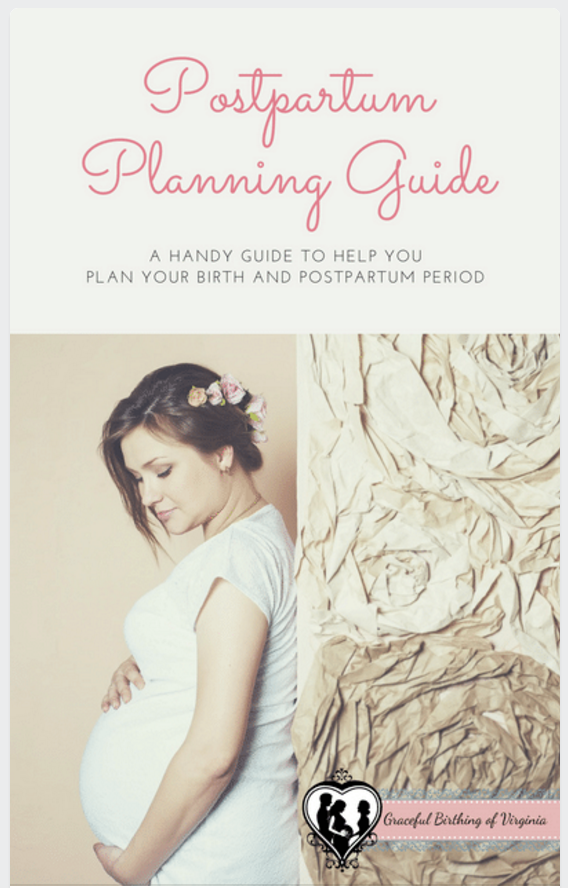What is a Doula?
The word “doula” comes from the ancient Greek meaning “a woman who serves” and is now used to refer to a trained and experienced professional who provides continuous physical, emotional and informational support to the mother before, during, and just after birth.
Who Needs a Doula?
Anyone having a baby can benefit from using a doula. Some people believe that doulas are only for women who want an unmedicated birth. This is an unfortunate misunderstanding. Doulas have very important roles to play in medicated labors, natural deliveries, inductions, and also during cesareans, ensuring that the mother is supported, affirmed, nurtured, and informed regarding her choices.
Women who are planning a natural birth often hire doulas to help increase their support team, as do women desiring a vaginal birth after a previous cesarean. (VBAC). High risk mothers often feel the need to have someone taking care of her and her family family, physically and emotionally while she is receiving the best in high technological care from her clinical staff. Sometimes single mothers will choose doulas for the support and assistance they are seeking as they navigate their pregnancy journey.
How Can a Doula Make a Difference?
The professional birth doula will come along side the expectant couple and assist them in navigating pregnancy, labor, and delivery so they can be best prepared to meet their baby with confidence. Are you concerned about the pain of labor? Your birth doula can help you understand the pain, purpose, and pertinence of labor pain. Are you wondering about the support you will receive during labor, or, if you are the support person, are you wondering how you can be a more helpful and confident support person during labor? Rest assured your doula will offer practical and hands on tips in providing support, encouragement, and comfort measures throughout labor and delivery so you can look forward to being supported during labor, and, as the primary support person, you can anticipate being a well prepared and effective support person.


